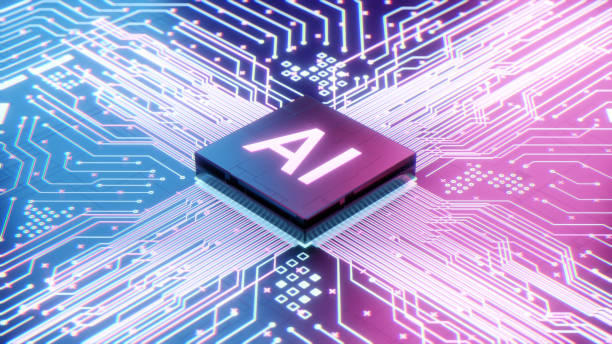The impact of AI on humanity can be both beneficial and challenging, depending on how it is developed, deployed, and regulated. It would be simplistic to categorize AI as solely a bane or brawn for humanity. Let's explore both perspectives:
-
Beneficial aspects: a. Efficiency and productivity: AI has the potential to automate mundane and repetitive tasks, freeing up human resources to focus on more complex and creative endeavors. This can enhance productivity and efficiency across various industries. b. Healthcare advancements: AI can contribute to improved diagnostics, personalized medicine, and drug discovery, leading to better healthcare outcomes and potentially saving lives. c. Enhanced decision-making: AI systems can process vast amounts of data and provide insights that humans may overlook. This can assist in making informed decisions in areas like finance, logistics, and risk assessment. d. Automation and safety: AI-powered systems can be deployed in hazardous environments, reducing human exposure to dangerous situations. Additionally, AI can enhance transportation systems, making them safer and more efficient.
-
Challenging aspects: a. Job displacement: The automation potential of AI may lead to job losses in certain industries, requiring society to adapt and retrain the workforce for new roles. b. Ethical concerns: AI raises ethical questions regarding privacy, bias, and accountability. Ensuring the responsible development and use of AI technologies is crucial to address these concerns. c. Security risks: As AI becomes more sophisticated, there is a potential for malicious actors to misuse it, leading to cybersecurity threats and privacy breaches. d. Inequality and bias: If not carefully designed and implemented, AI algorithms can inherit and amplify existing biases and inequalities, perpetuating discrimination and unfairness.
To maximize the benefits of AI and mitigate its challenges, it is essential to have comprehensive ethical frameworks, regulations, and responsible practices in place. Society needs to engage in ongoing discussions and collaborations to shape AI development and deployment for the betterment of humanity.

